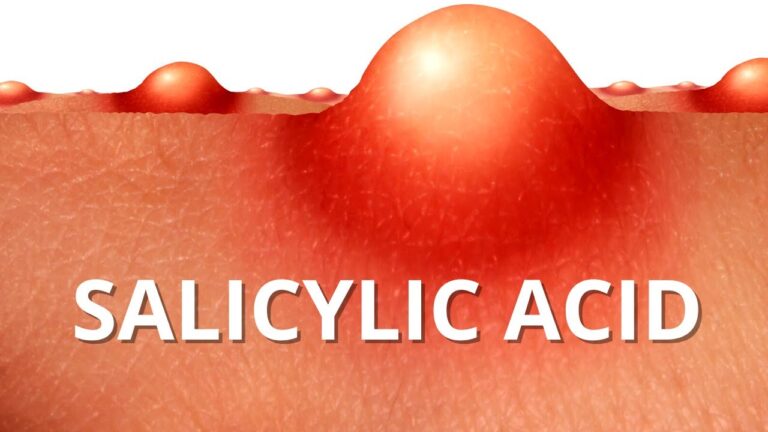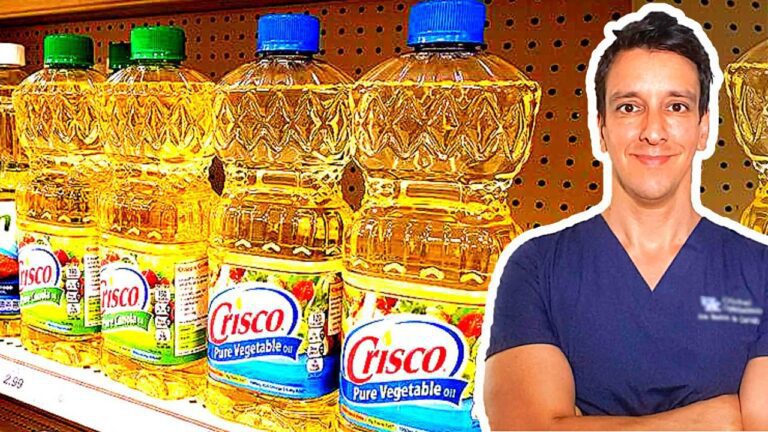Why Vitamin C is Essential for a Healthy Lifestyle
Vitamin C is a vital nutrient that plays a crucial role in maintaining overall health and well-being. Known also by its scientific name, ascorbic acid, this vitamin is perhaps best known for its immune-boosting properties. However, it has numerous other benefits as well, making it an important nutrient to include in your diet. In this article, we will explore the many benefits of vitamin C and how you can ensure that you are getting enough in your diet.
The Benefits of Vitamin C
Vitamin C has several health benefits that can help prevent disease and promote well-being. The following are some of the most significant:
- Immune system booster: Vitamin C helps to increase the production of white blood cells, which are responsible for fighting off infections and disease. It also helps to protect cells from oxidative stress caused by free radicals, which can damage cells and lead to disease.
- Reduces inflammation: Vitamin C has anti-inflammatory properties that help to reduce inflammation in the body. This can help to alleviate symptoms associated with conditions such as arthritis.
- Protects against heart disease: Studies have shown that vitamin C can help to reduce the risk of heart disease by improving blood pressure and reducing the levels of LDL (bad) cholesterol in the blood.
- Promotes strong bones: Vitamin C plays an important role in the production of collagen, a protein that is essential for the health of your bones, muscles, and skin. It also helps to increase calcium absorption, which can improve bone density.
- Aids in wound healing: Vitamin C is essential for the production of new tissue and collagen, which is necessary for skin repair and wound healing. It also helps to reduce the formation of scar tissue.
Sources of Vitamin C
Vitamin C is found naturally in many foods, with the highest amounts found in fruits and vegetables. The following are some of the best dietary sources of vitamin C:
- Oranges: A medium-sized orange provides around 70mg of vitamin C, which is more than the daily recommended amount for adults.
- Red peppers: One half-cup of chopped red peppers contains around 95mg of vitamin C, which is more than the amount found in an orange.
- Kiwi fruit: One medium-sized kiwi contains around 65mg of vitamin C.
- Broccoli: One half-cup of cooked broccoli contains around 51mg of vitamin C.
- Strawberries: One half-cup of strawberries provides around 49mg of vitamin C.
Supplements
If you are unable to get enough vitamin C from your diet alone, you may want to consider taking a vitamin C supplement. These supplements are available in several different forms, including tablets, capsules, powders, and liquids. However, it is important to remember that supplements should not be considered a substitute for a healthy, balanced diet.
When choosing a vitamin C supplement, it is important to look for a high-quality product that is free from fillers, artificial colors, and other additives. Some of the most popular vitamin C supplements on the market include:
- Nature’s Way Vitamin C: Nature’s Way Vitamin C is a high-quality supplement that is made from pure ascorbic acid. It is free from artificial colors, flavors, and preservatives.
- Now Foods Vitamin C: Now Foods Vitamin C is a popular supplement that contains pure ascorbic acid in a convenient powder form. It is free from fillers, binders, and other additives.
- Garden of Life Vitamin C: Garden of Life Vitamin C is a whole food supplement that is made from organic strawberries, oranges, and cherries. It is free from artificial colors, flavors, and preservatives.
Overall, vitamin C is an essential nutrient that plays a crucial role in maintaining overall health and well-being. By ensuring that you are getting enough vitamin C through your diet or supplements, you can help to reduce your risk of disease and improve your overall quality of life.
Most searched products:
Does Sephora Support Israel? Answering Your Questions
The Ultimate Guide to Azealic Acid: Benefits, Uses, and Side Effects
How Long Does Glycolic Acid Take to Show Results: Your Ultimate Guide
Discover the Benefits of The Ordinary Botox for Your Skin
The Ultimate Reviews of The Ordinary Peeling Solution
The Ultimate Guide to The Ordinary Colours Foundation: Reviews, Swatches, and Tips
The Perfect Order: When to Use Retinol and Niacinamide in Your Skincare Routine
Unlock the Power of Hyaluronic: Benefits, Uses, and Top Products
Say Goodbye to B.O with Glycolic Acid Deodorant: The Secret to Long-Lasting Freshness
Unlock Smooth and Supple Skin: Discover the Best Skincare Products for Skin Suppleness













